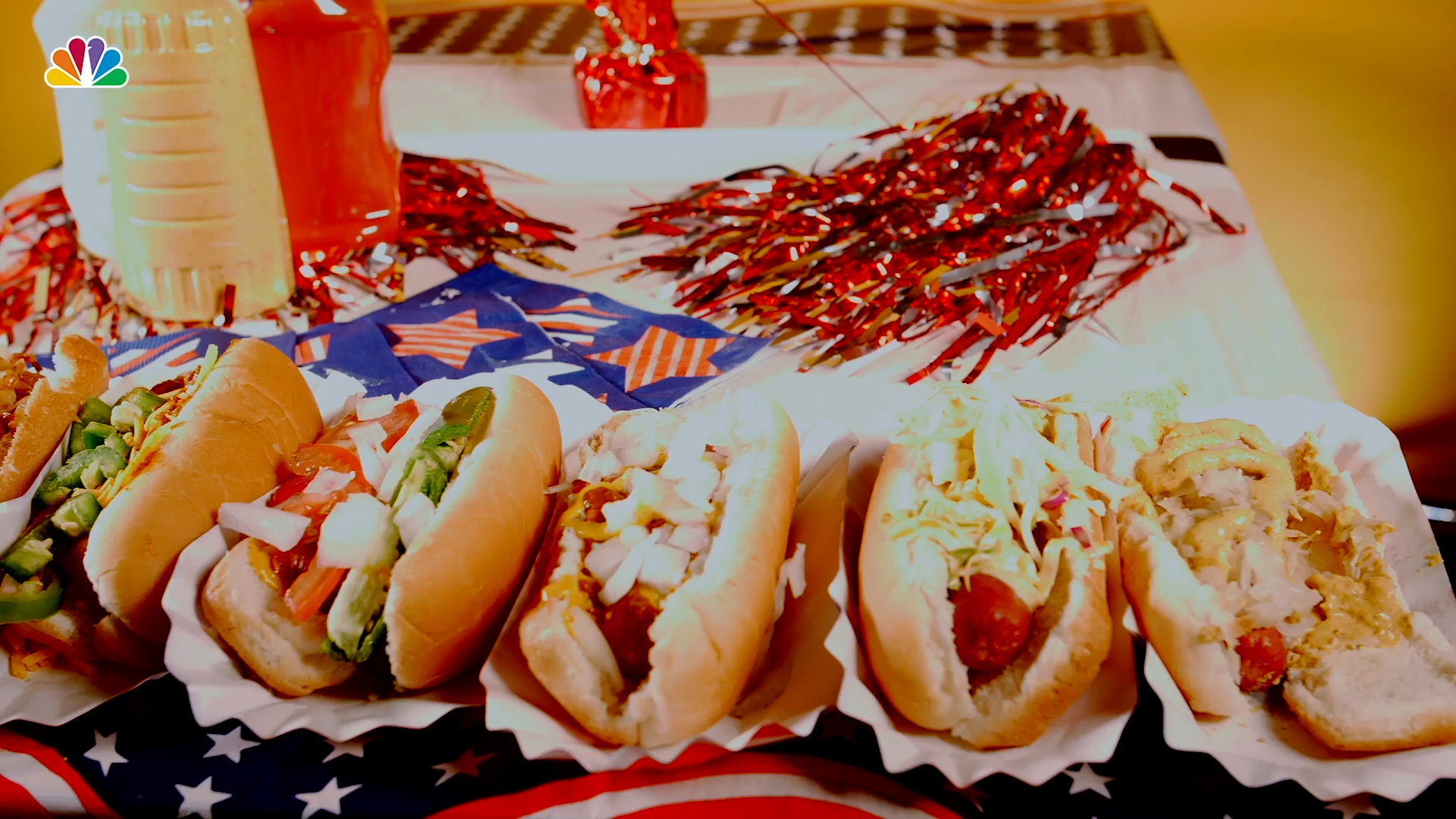It’s that time of year when Americans across the country gather to celebrate the Fourth of July holiday with family, friends and fireworks.
A new report by the U.S. Consumer Product Safety Commission finds fireworks-related injuries and deaths remain high. Between 2006 and 2021, injuries with fireworks climbed 25% in the U.S., according to CPSC estimates.
In 2022, at least 11 people died, and an estimated 10,200 were injured in incidents involving fireworks.
“Fireworks are beautiful to watch, but they can be deadly when mishandled or misused, or if the fireworks themselves contain illegal components,” says CPSC Chair Alex Hoehn-Saric. “I urge everyone to use care around fireworks, only use fireworks labeled for consumer use, and always keep children far away from fireworks, including sparklers. We want everyone to have a fun and safe celebration.”
Get top local stories in Philly delivered to you every morning. >Sign up for NBC Philadelphia's News Headlines newsletter.
Wherever you are celebrating, here are some firework safety tips and information on how to keep your Fourth of July celebrations disaster-free.
More Fourth of July Coverage:
How can I protect myself?
According to the National Safety Council, fireworks should be used away from people, houses and flammable material, and never lit in a container or indoors. When using fireworks, the council advises lighting one device at a time and keeping a safe distance afterwards.
Lit fireworks should not be held by anyone or pointed or thrown at another person. If the firework malfunctions, do not attempt to re-light.
For those who do light fireworks, the NSC recommends keeping a bucket of water nearby to fully extinguish fireworks and soaking used fireworks in water before discarding.
What about sparklers?
Sparklers account for over a third of firework-related emergency room visits and can burn as hot as 1,200 degrees Fahrenheit, according to the National Fire Protection Association. Instead, the association recommends using glow sticks, silly string or noisemakers.
Officials in Northern California warned that a sparkler in dry grass could take just 30 to 60 seconds before igniting into a blaze that is no longer controllable by a garden hose.
Where are fireworks legal?
Laws around fireworks vary across the U.S., with different states, counties and cities having their own rules on what you can and can't sell, buy and light.
While Massachusetts is the only state where all consumer fireworks are banned, you can still catch a professional display in the Bay State, according to Reader’s Digest. Connecticut, Illinois and New Jersey have strict laws on fireworks, permitting only snakes, sparklers and party-poppers. California has a patchwork of laws, with some "safe and sane" labeled fireworks permitted in parts of the state while illegal in others.
Meanwhile, Florida, Pennsylvania and Texas have much more lenient laws allowing for ground-based or handheld fireworks that emit a shower of sparks upon burning.
Do fireworks cause fires?
According to the National Safety Council, fireworks start an average of 18,500 fires each year.
Last year, several cities in the West and Northwest U.S. canceled firework shows and banned residents from releasing them due to wildfire concerns amid drought conditions.
The Minnesota Department of Natural Resources has issued restrictions on the northern part of the state because of ongoing drought conditions, NBC affiliate KBJR reports. In Arizona, fire officials are urging residents around the Phoenix area to avoid setting off their own fireworks, but stopped short of banning them, NBC's KPNX reports. The state is currently battling the massive Diamond Fire, a human-caused blaze burning near Scottsdale. As of Wednesday evening, the fire had burned 1,960 acres and was 30% contained.
“We are typically worried about exposure of sparks and fire to homes and dry brush,” said Phoenix Fire spokesperson Capt. Evan Gammage. “We get so many calls around this time of year.”



